Basketball is a great team sport, and you can even shoot hoops by yourself or play casual pickup games with a friend–it’s flexible, accessible, and anybody can play!
Picking the best basketball equipment will help you get off to a great start with high-quality shoes, cool, comfy jerseys and sports-specific clothing, but you don’t necessarily need a pro-level court to begin.
So, what equipment do you need for basketball, and how can new players learn those essential skills and abilities that will make them an asset to every game? Let’s run through some tips you need to know.
Step 1: Set Your Training Goals
The first phase of learning any new sport is to set yourself a plan. If you know you will practise one hour a day, or twice each weekend, you can get into a routine. It’s a great idea to set out your clothing the night before or have a dedicated basketball kit bag with all your equipment.
What equipment do I need for basketball? The basics include a ball, a good pair of supportive, lightweight shoes, and workout clothes. If you’re training outdoors, you might also want to invest in a sweater and jogging bottoms for colder days or warm-ups and cool-downs.
Of course, it’s important to remember that everybody starts somewhere, and practice and persistence are the top tools to bring to your training!
Step 2: Focus on General Fitness
Most basketball players like to show off their fancy throws, ball-handling expertise and neat shots, but like any sport, you’ll find basketball more engaging and fun if you’re in good shape.
Great athletes know that technical skills are the finishing touch, but general fitness is the foundation, so spending time jogging, circuit training, skipping, or doing bodyweight exercises like push-ups and sit-ups is perfect.
Step 3: Learn Ball Handling
Every basketball game centres around passing and catching, so if you can accurately catch and throw on demand, you’ll do well. Try repetitive drills such as shooting, keeping track of how many throws are on target out of every ten so you can see yourself progressing.
This skill is something that’s sometimes easier to learn with a training buddy, but you can practise alone, working on dribbling, catching, rebounds, passes and shooting until you’re confident you won’t miss the ball.
Step 4: Understand Basketball Defence
Aspiring basketball players might be enthused by the idea of shooting a perfect long-distance basket, but defence is just as important to gameplay as attacking! Defensive stances are similar to dribbling in this sport, and watching videos or live games, looking at how players mark and defend, and implementing those plays in your own games will ensure your defence is solid.
The best defenders are strong and can stand their ground, so working on physical fitness can also benefit this aspect of basketball, where you can cover an opponent, catch the ball swiftly if they lose control, or even take possession mid-dribble if you have the speed.
Step 5: Work on Agility
While many team sports are based on endurance and power, basketball is also about how quickly you can pivot, spin, change direction and jump, so training your feet makes a big difference to your game!
The reason basketball players often prefer high-tops is that the higher profile sports shoe supports their ankles and slimmer bones in their feet, which take a lot of the pressure during a high-paced game. Practising common movements can prevent injury as well as make you more responsive when you’re playing basketball, and the more you train your feet, the more familiar the movements will become.
How to Improve Your Basketball Skills
All of these training tips work together to make you into a stronger, faster, more accurate basketball player, but as a team sport, you also need to be able to listen, follow instructions and play intuitively with other people. One of the very best ways to become a better player and help your team or friends to win more games is to make sure you’re always willing to take on new suggestions, tactics or strategies and work together to score more goals.
Team players progress faster because they’re all working as one to become more competitive, so a positive attitude, good sportsmanship and respect for your opponents are just as vital as the quality of your kit!

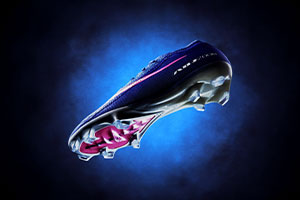


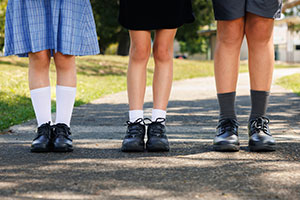
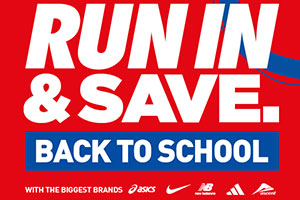


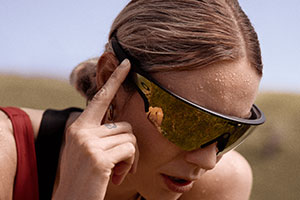


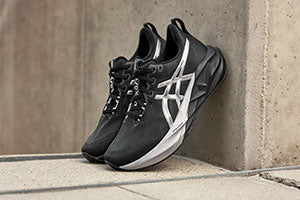


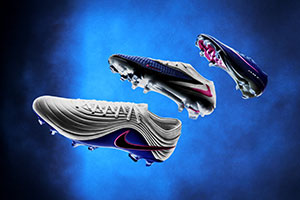

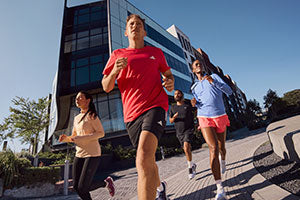

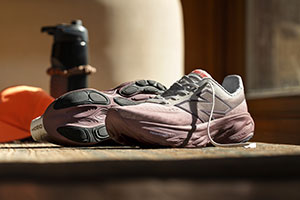
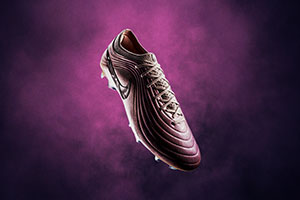
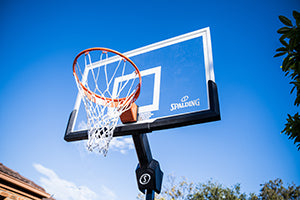
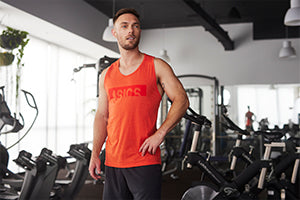
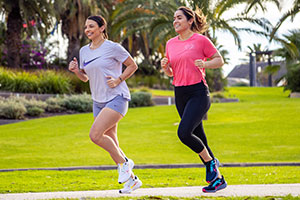
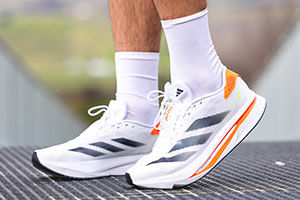

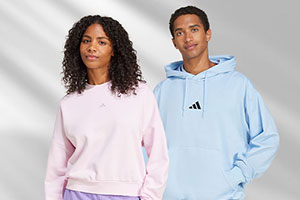
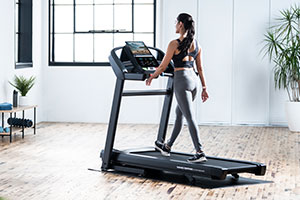

Comments